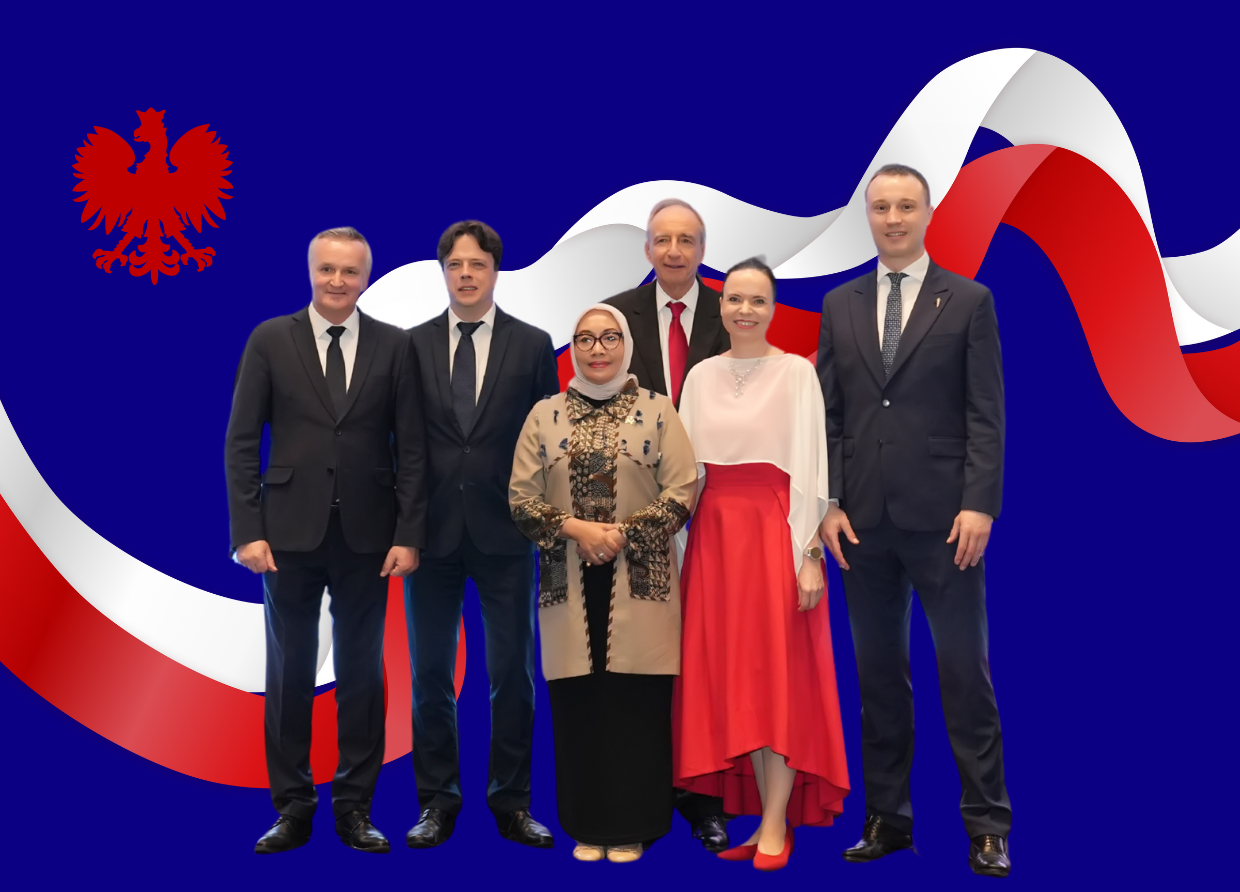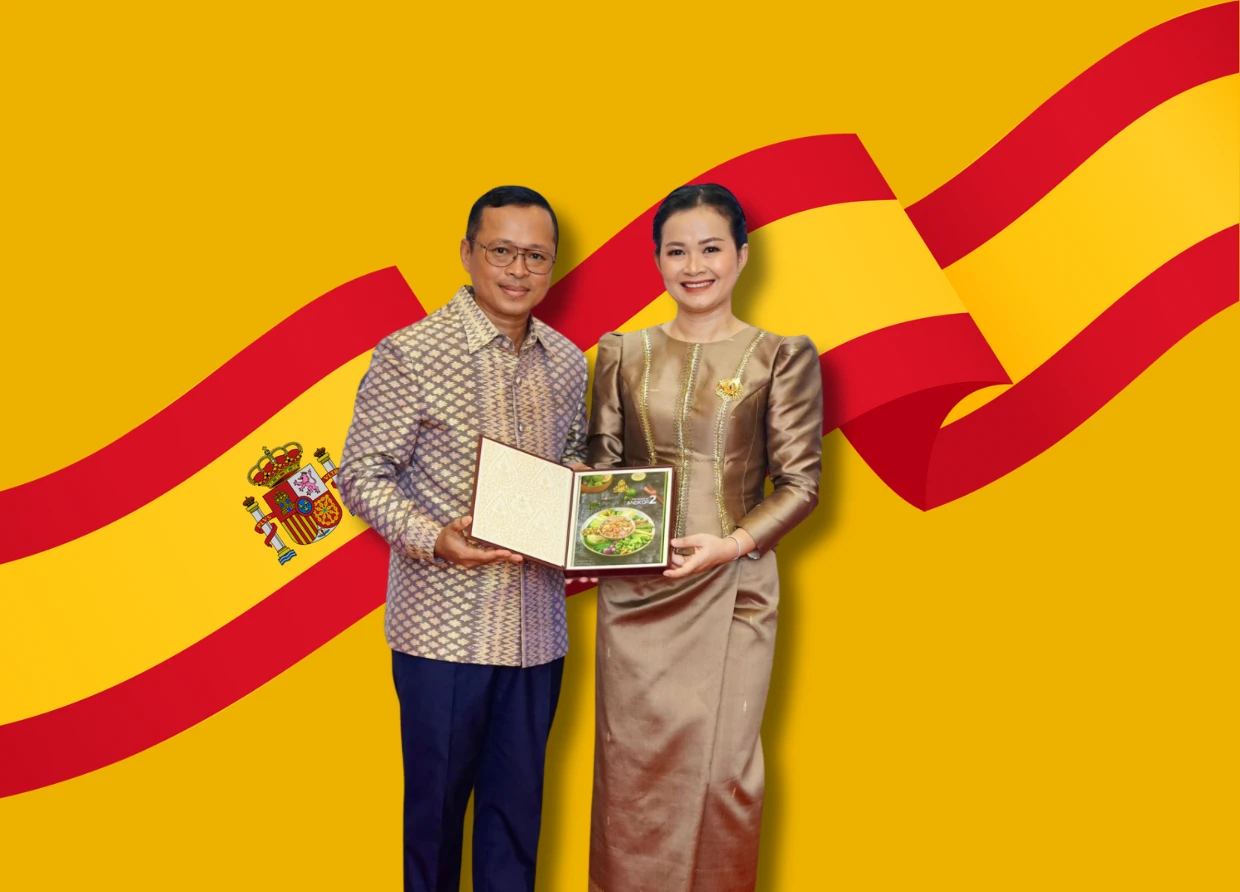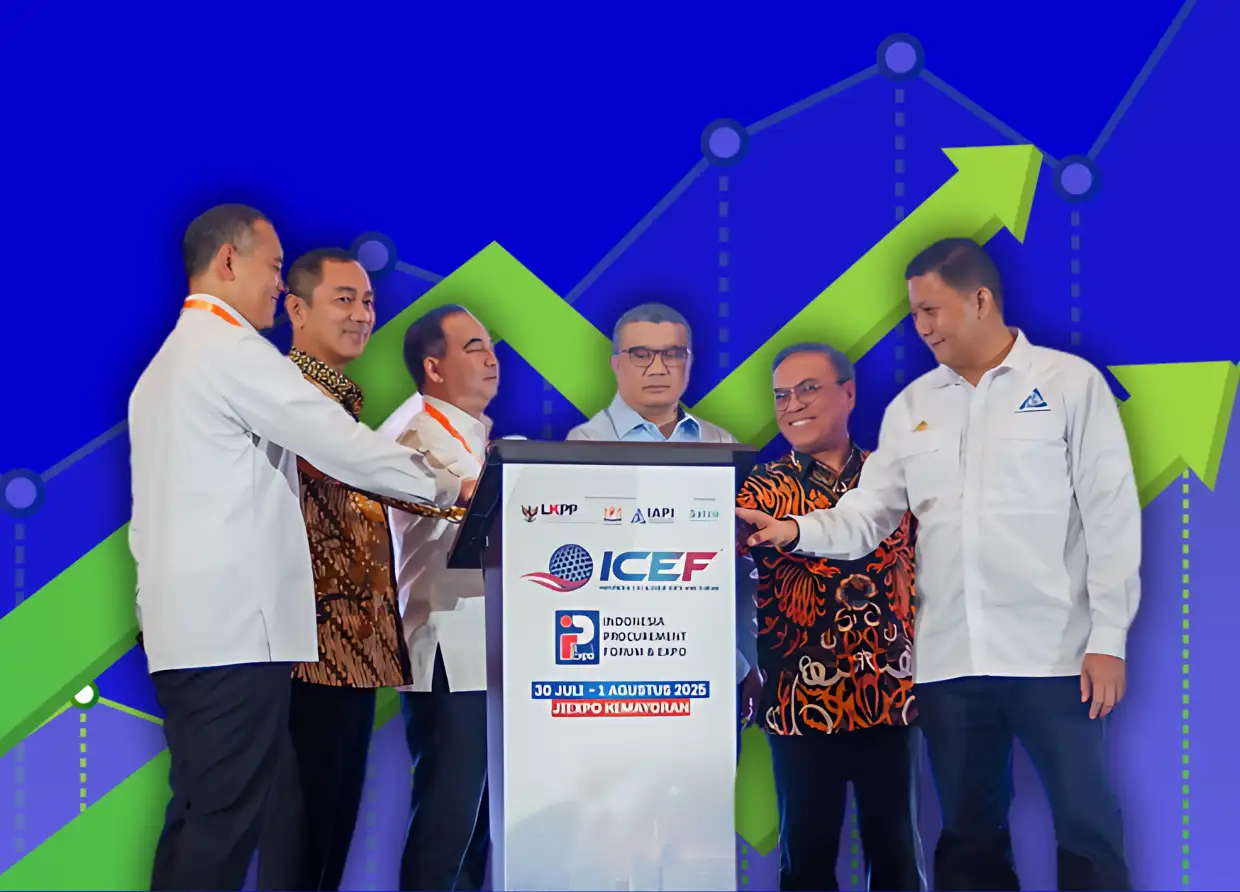WOMEN ENTREPRENEURS IN INDONESIA'S SOCIO-ECONOMIC DEVELOPMENT
Women have a big role in developing economic development

Micro, Small and Medium Enterprises or MSMEs play a significant role in the Indonesian economy. The Ministry of Cooperatives and Small and Medium Enterprises noted that MSMEs contributed to 60.51 percent of the country's GDP, absorbed 96.92 percent of the country's workforce, and contributed to 15.65 percent of the country's non-oil exports.
Currently, MSMEs make up about 99 percent of Indonesian businesses, numbering at 64.2 million. Of this number, 37 million or 64.5 percent are managed by women, proving that women have an important role in keeping the wheels of the economy turning.
Even during the COVID-19 pandemic, the number of female entrepreneurs in Indonesia is expected to increase, most of whom run their businesses at the micro and informal levels.

According to data from the Ministry of Cooperatives and SMEs, the number of micro-enterprises managed by women in 2019 reached 14 million units. This number increased in 2020 to 30.6 million units. Consequently, support for women entrepreneurs of MSMEs is critical, especially in terms of empowerment and business development through the use of digital technology to help them expand their business reach.
Meanwhile, the National Development Planning Agency (Bappenas) stated that in 2030, Indonesia is predicted to experience a period of demographic bonus, during which the total population of productive age (15-64 years) reaches 64 percent of the total population. There is, consequently, a need to promote the country's abundant human resources by elevating their education and skills.
Support for women entrepreneurs
Deutsche Gesellschaft für Internationale Zusammenarbeit GmbH (GIZ), which continues to support the development of the Indonesian diaspora competencies in Germany and alumni of universities in Germany who have returned to Indonesia, has also realized the enormous potential of human resources in the country.
Since 1996, GIZ has been running the Migration and Diaspora Program (PMD) in Indonesia on behalf of the German Federal Government. Through this program, GIZ supports the Government of Indonesia in ensuring that migration has a positive impact on the country's diaspora and contributes to Indonesian national development.

This program also facilitates Indonesian students studying in Germany to return and implement the knowledge they have gained to advance Indonesia, including providing support for those who want to create jobs by becoming entrepreneurs when they return to the country. Some of the available programs include business assistance ranging from consultations to promotions.
The Indonesia Diaspora Festival 2021, held on December 1-4, is among GIZ's numerous support for German university alumni who have returned to Indonesia in order to contribute to the development of their works.
The event also presented female entrepreneurs who also graduated from German universities. Among them were Widya Ethi Rinany, founder of Lula Pasta, a healthy food business made from natural ingredients and Nur Anindya Setiyaningsih, founder of the eco-friendly dish soap brand Mak Rah Pireng.
Profiles in success
Lula Pasta was founded by Widya Ethi Rinany, a mother of three. She uses mocaf flour (flour from cassava) as a base for her pasta products. This flour is modified through a fermentation process so that its characteristics are similar to wheat flour but lower in sugar. She was inspired to make healthy pasta since her three children have digestive problems.
Lula Pasta is marketed as a healthier alternative as it is made using dry gluten, natural ingredients without preservatives, no MSG, egg-free and dairy-free. In addition, Lula Pasta uses vegetable juices such as mustard greens and carrots as coloring and contains high fiber. Widya started pioneering Lula Pasta in 2019, and her business is still growing today.
View this post on Instagram
Before starting Lula Pasta, the University of Duisburg-Essen alumna worked in a telecommunications company. Nowadays, Widya enjoys her role as a woman entrepreneur and is serious about pursuing her business. Assisted by her five employees, Lula Pasta now makes various kinds of pasta such as spaghetti, macaroni, fettuccine, and lasagna.
Mak Rah Pireng, meanwhile, was founded by Nur Anindya Setiyaningsih in 2018. It sells dish soap made from fermented averrhoa bilimbi or sunti extract. "Mak Rah Pireng" means "mother washing dishes" in Acehnese.
View this post on Instagram
Nur Anindya said it wasn't easy getting into this business at first, and she did struggle for a bit. However, her tenacity and perseverance led to her inclusion in the "Leaders in Innovation Fellowship" Program of the Royal Academy of Engineering, London.
The Technische Universität (TU) Berlin alumna now has seven employees. She is grateful that Mak Rah Pireng has become a platform for empowering women in Aceh. Her dish soap product is already available in several supermarkets in Aceh and can be purchased through social media and e-commerce platforms.
#THE S MEDIA #Media Milenial #women entrepreneurs #indonesia



























